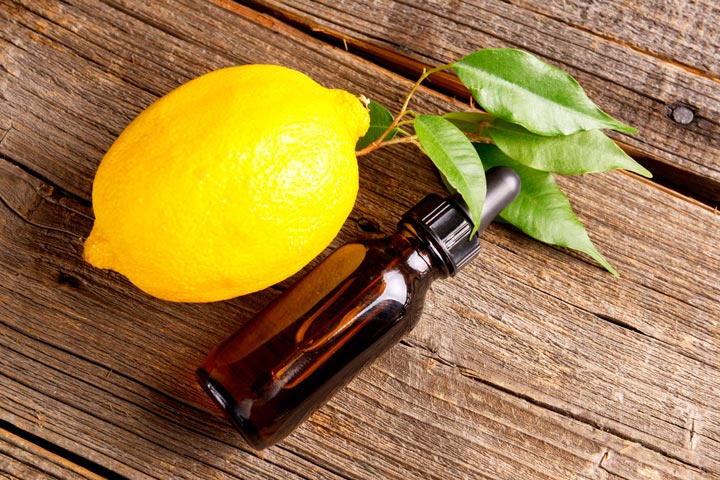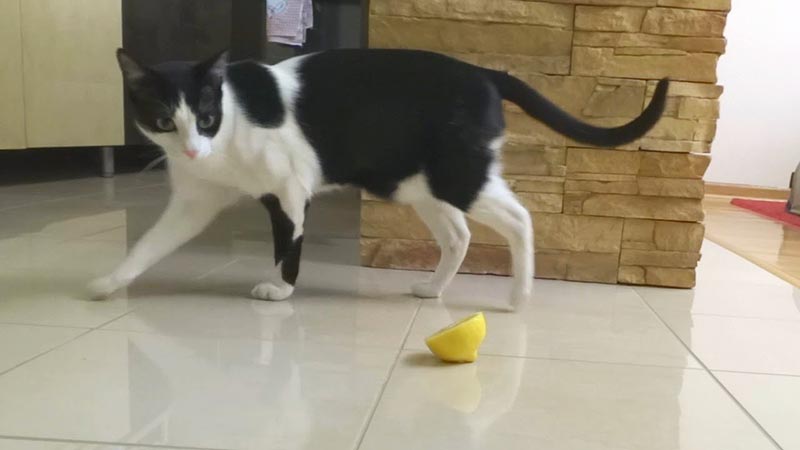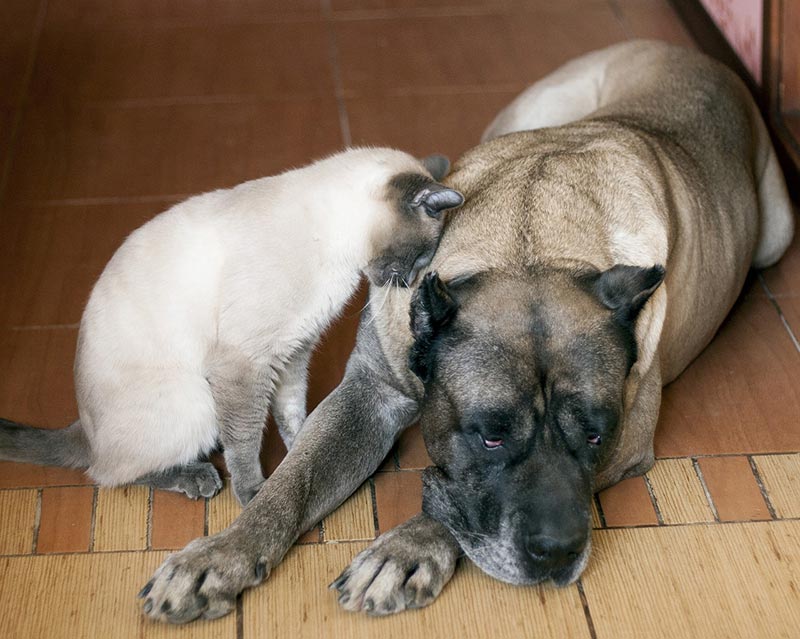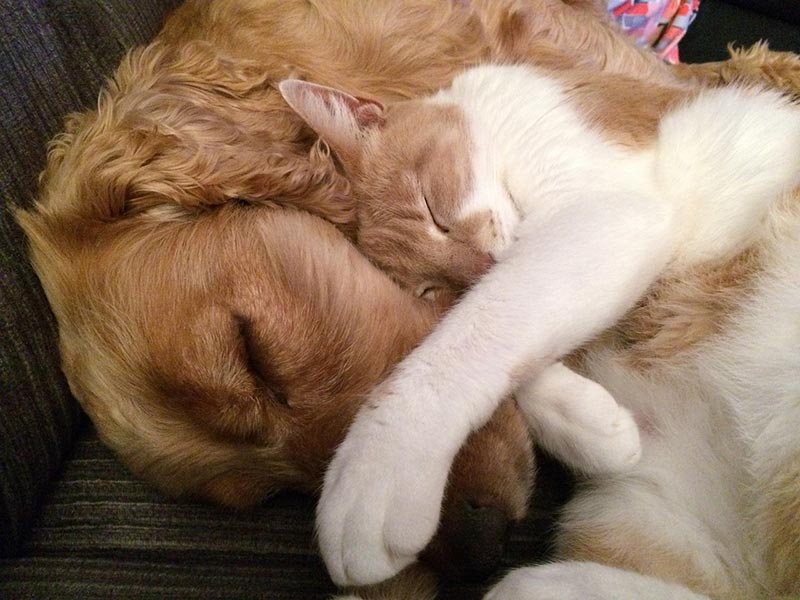
Are Citrus Fruits Poisonous to Cats?
Cats are curious about everything except citrus fruits. Even the smell of citrus can send cats scurrying in the opposite direction. The response is actually a defense mechanism, as citrus fruits can sicken cats if eaten.
Facts
Citrus fruits contain limonin, volatile oils and large amounts of acid, all of which cats find offensive.
Effects
Ingesting citrus fruits can cause cats to experience gastrointestinal discomfort, vomiting and diarrhea. Excessive amounts would need to be consumed for truly severe reactions. Fortunately, most cats will naturally avoid citrus on their own.
Types
Lemons, limes, oranges and grapefruits should all be kept away from cats.
Considerations
All citrus fruit parts, including the flesh, peel and seeds, can be harmful to cats.
Uses
Strong citrus scents can be used to curb many bad behaviors in cats. Citrus fruit peels and sprays will keep cats off furniture, out of houseplants and away from gardens.
Citrus Oil Toxicity in Dogs and Cats
Toxin
Citrus Oil Extract (Limonene and Linalool).
Source
Citrus oil extracts such as those found in insecticidal sprays, dips, shampoos, insect repellents, food additives, and fragrances.
General Information
d-Limonene and linalool are citrus oils with insecticidal properties. These are metabolized in the liver resulting in liver damage or failure.
Toxic Dose
Cats are more sensitive than dogs. The toxic dose for ingestion of d-limonene in dogs is 308 grams per pound of body weight. If cats are treated with dog products, the result may be fatal. Linalool exposure causes more severe clinical signs for a longer duration than d-limonene. If the product also contains piperonyl butoxide, the toxic effects of citrus oil extracts may be increased.
Signs
Strong citrus smell to the skin, drooling, depression, weakness, hypothermia, trembling, ataxia, falling, low blood pressure, and dermatitis especially severe in the scrotal and perineal areas. Death may occur.
Immediate Action
In cases of dermal exposure, bathe pet with liquid dish soap and warm water repeatedly until the citrus smell is gone. Dry thoroughly and do not allow the pet to become chilled. Seek veterinary attention for dermal exposure or ingestion.
Veterinary Care
General treatment: Gastric lavage is performed and activated charcoal is administered, if the citrus oil was ingested. Vomiting is not induced because aspiration is a risk. Bathing is repeated in cases of dermal exposure.
Supportive treatment: Administer IV fluids, keeping the patient warm, and treat any other symptoms.
Specific treatment: Unavailable.
Prognosis
Usually good to excellent, however, deaths have occurred and are more common in cats.
Keep this and all other medications out of the reach of children and pets.







Leave a Reply